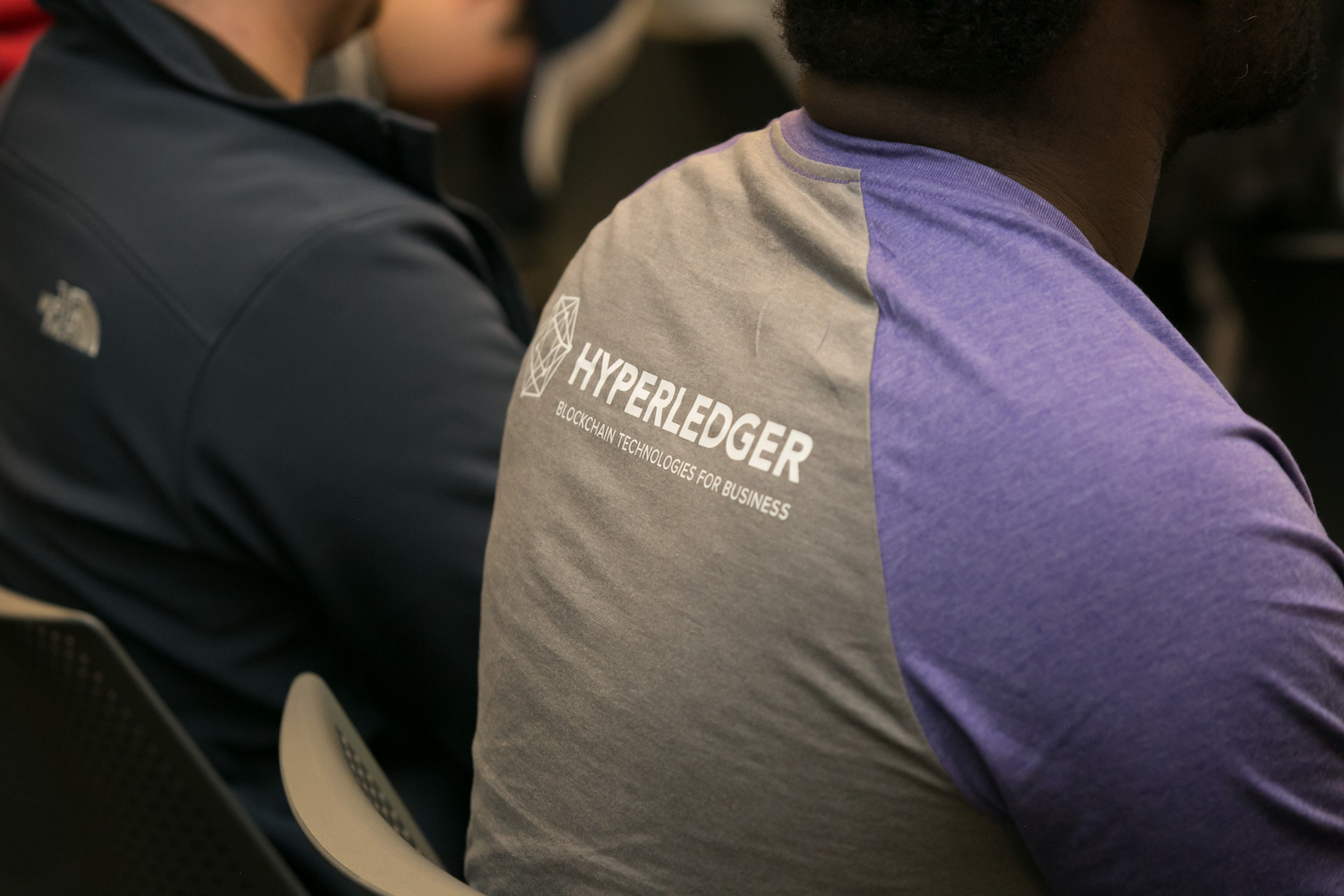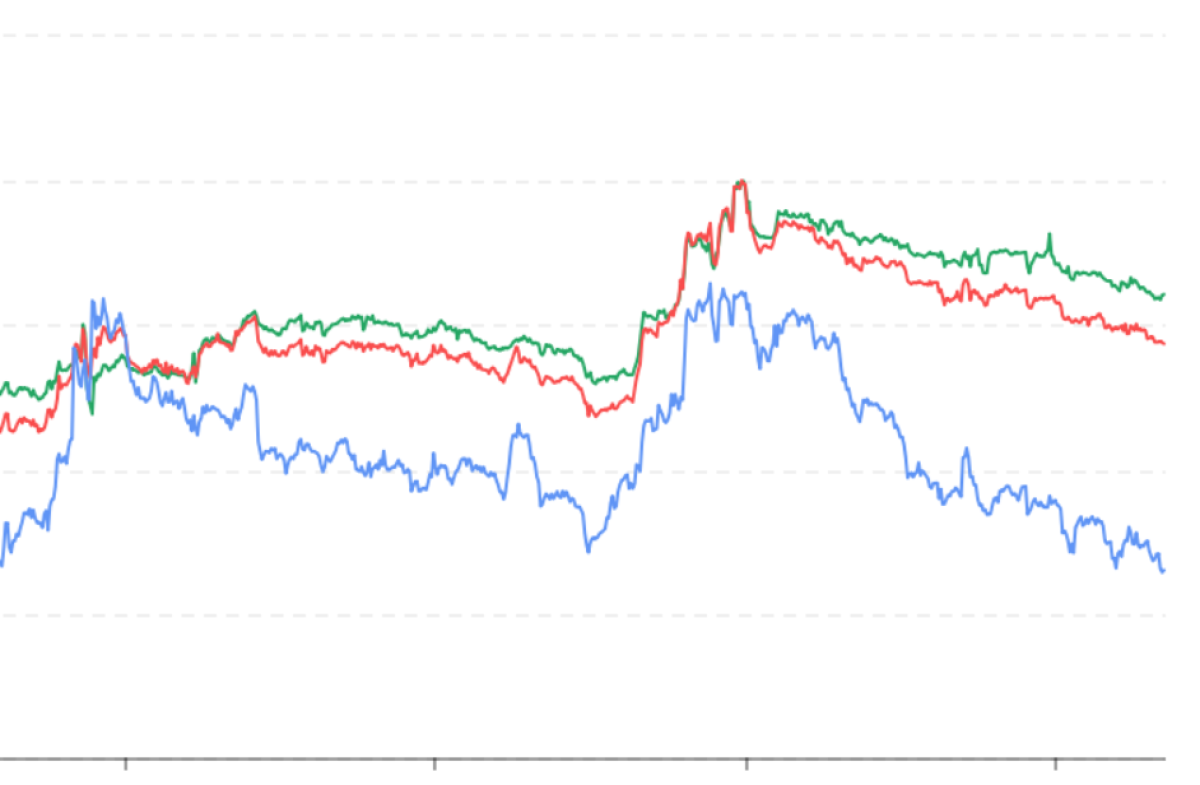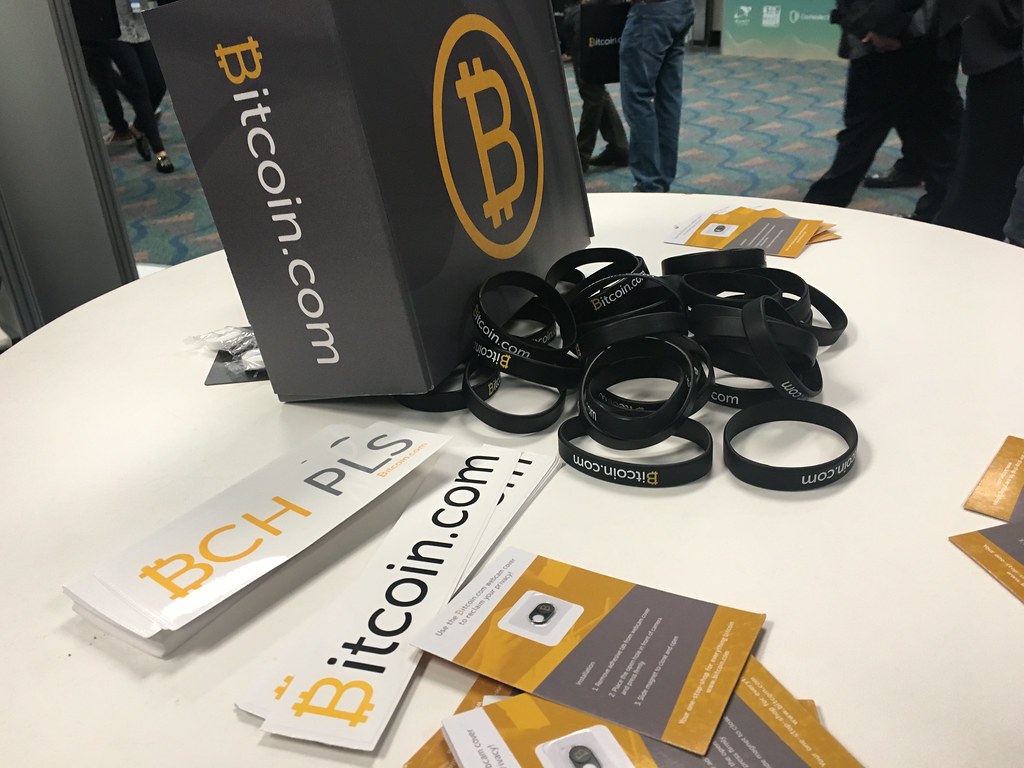SEC Grants Digital Avatar Firm IMVU Permission to Sell Crypto Tokens
SEC Grants Digital Avatar Firm IMVU Permission to Sell Crypto Tokens
The U.S. Securities and Exchange Commission (SEC) has granted another crypto firm permission to sell its native cryptocurrency.
The SEC published a “no-action letter” on Thursday (dated Nov. 17) to IMVU, a digital avatar company, allowing the firm to sell its VCOIN digital tokens to users, albeit with strict restrictions on how these tokens can be sold.
The securities regulator has granted just a handful of other such letters, including to Turnkey Jets and Pocketful of Quarters, making the latest action somewhat notable despite the token’s relative obscurity. In a first, the SEC is allowing IMVU to sell tokens designed to be converted back to fiat by users. (In its previous rulings, the SEC said users could not buy, sell or trade either Quarters or Turnkey tokens.)
“Based on the facts presented, the Division will not recommend enforcement action to the Commission if, in reliance on your opinion as counsel that VCOIN is not a security, IMVU offers and sells VCOIN, which is transferable both on and off of IMVU’s platform, without registration under Section 5 of the Securities Act and does not register VCOIN as a class of equity securities under Section 12(g) of the Exchange Act,” wrote Jonathan Ingram, a legal advisor to the SEC’s Division of Corporation Finance.
VCOIN is specifically built on Ethereum, and can be used as a royalty system for creators, allowing users to be compensated for providing services.
According to the SEC’s letter, IMVU can only sell tokens at a fixed price; buyers must agree to purchase tokens to use and not to speculate on price; and proceeds cannot be used to build the VCOIN network. Users must also comply with a number of know-your-customer and anti-money laundering restrictions, the SEC said.
In the request for a no-action letter, IMVU attorney Michael Didiuk, a partner at the law firm Perkins Coie, wrote that users cannot convert VCOIN into fiat currencies on its own platform, though they would have to pay a 10-15% fee if they convert on a different platform.
IMVU intends to dissuade potential speculative actions by preventing users from “obtaining more VCOIN than they could realistically use” or purchase enough tokens to “realize meaningful profits,” the request said.
Users will also be restricted from transferring too many tokens off of IMVU’s platform, and must abide by a holding period of up to 45 days before they can conduct any off-platform transfers, according to the letter.
“Taken together, these Platform controls should eliminate any reasonable incentive to pursue arbitrage profits from a differential between IMVU’s fixed VCOIN price and an offPlatform VCOIN price,” Didiuk wrote.
IMVU filed to trademark “VCOIN” in August 2019, according to Justia. The filing says the trademark will apply to “downloadable virtual goods,” including digital tokens that use blockchain “to execute and record transactions,” meaning a cryptocurrency.









